“Cracking the Canine Cuisine Code: Understanding Why Your Dog Refuses to Eat”
## Introduction ##
Hey there, fellow dog lovers! Have you ever found yourself scratching your head, wondering, “Why won’t my dog eat his food?” It’s a perplexing situation that many of us find ourselves in at some point. Picture this: you lay down your pup’s favorite meal, expecting tail wags and eager chomps, but instead, you’re met with a disinterested sniff and a turn of the head.
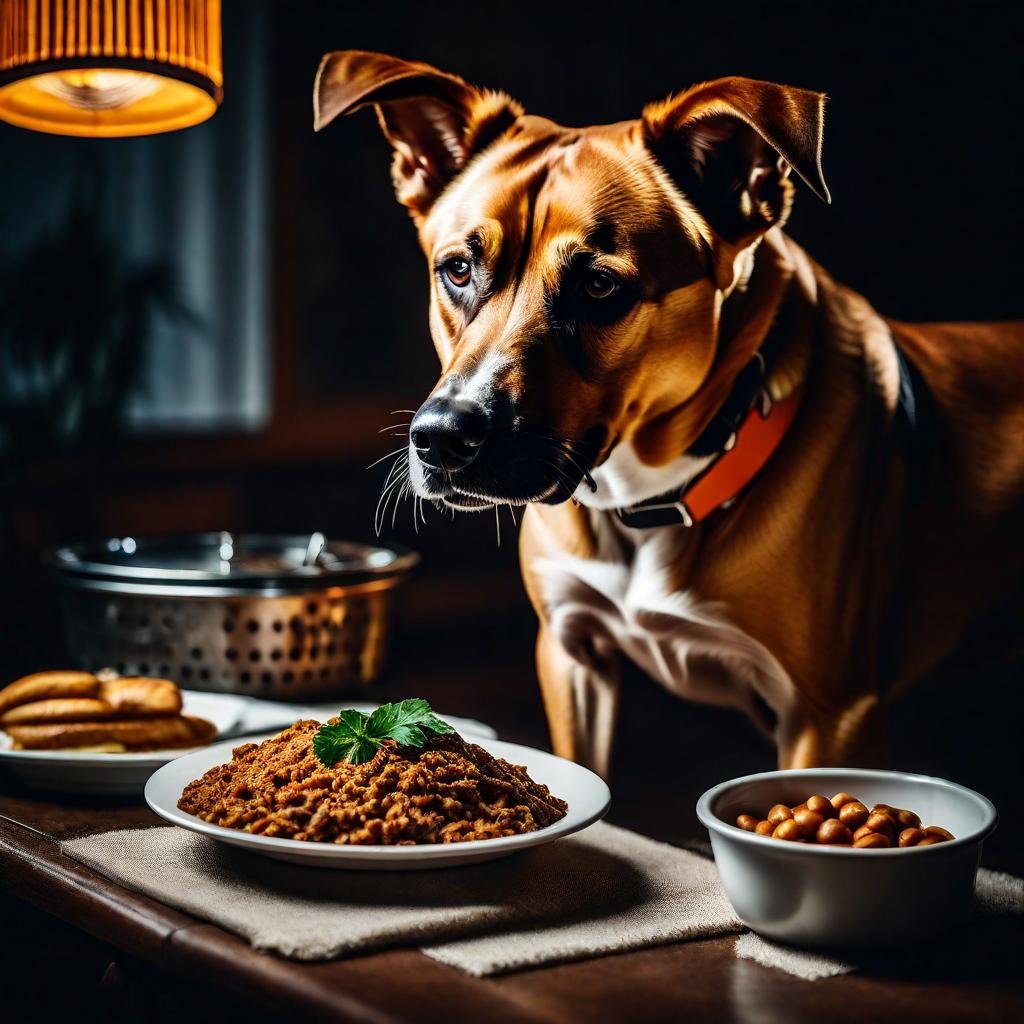
Table of Contents
First off, take a deep breath. You’re not alone in this canine conundrum. Dogs, like humans, can be quite the picky eaters, and there are numerous reasons why your furry friend might be turning his nose up at his food bowl.
Now, let’s unravel this mystery together, shall we? In this guide, we’ll delve into the fascinating world of doggie dining habits. From exploring their natural instincts to understanding how environmental changes can affect their appetite, we’ll leave no kibble unturned.
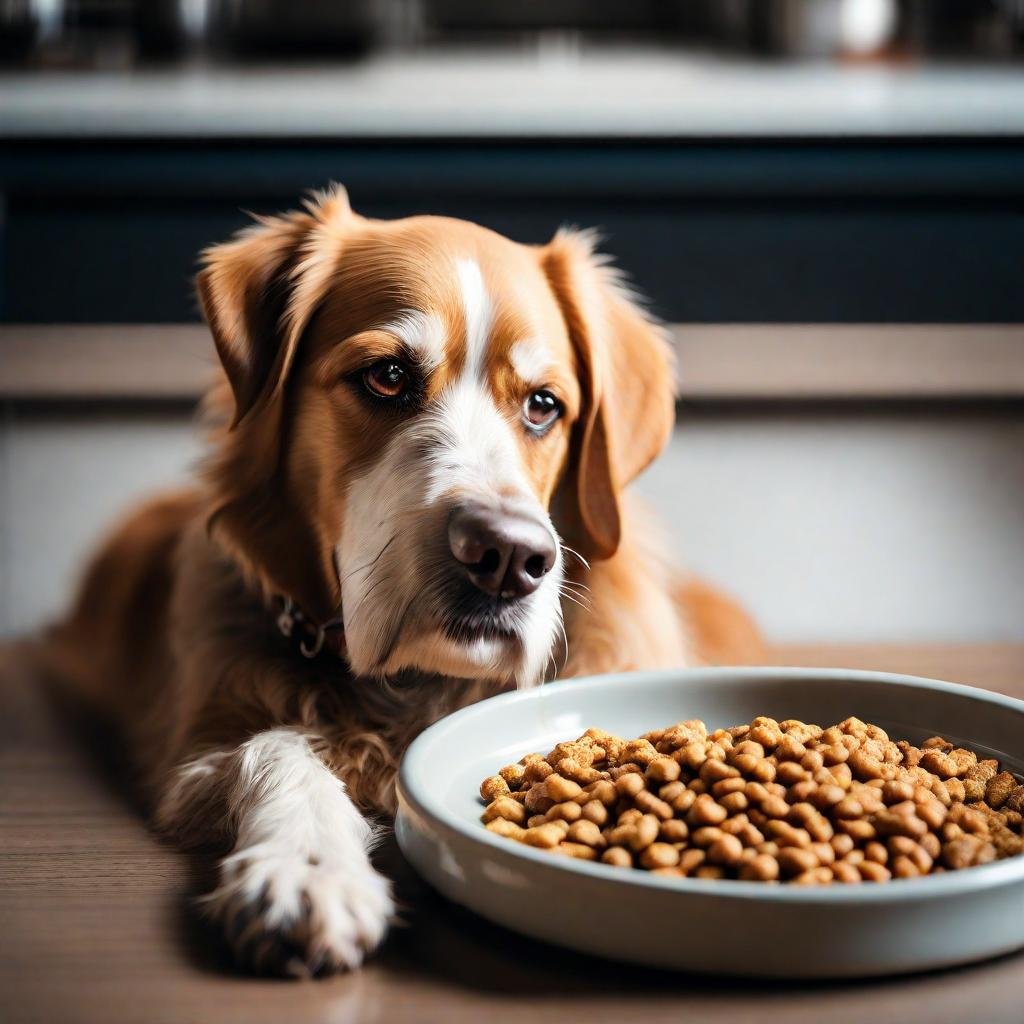
But fret not! Understanding why your dog refuses to eat his food is the first step toward finding a solution. So, grab a cozy spot, maybe with your fur buddy by your side, as we embark on this journey to decode the secrets of canine cuisine.
## 1 of 7 ## Understanding Dog Behavior :
Ever wondered why won’t my dog eat his food? To understand this, let’s peek into the quirky world of canine behavior. Dogs, much like us, have their own preferences and quirks when it comes to dining.
Firstly, dogs rely heavily on their senses, especially smell, to decide whether a meal is worth their attention. If something smells off or unfamiliar, they may turn their noses away, literally!
Taste and texture also play significant roles. Just like how we prefer certain foods over others, dogs too have their favorites. If the texture is too mushy or crunchy, it might not appeal to their palate.
Moreover, dogs are creatures of habit. Changes in routine or environment can disrupt their eating patterns. Stress, anxiety, or even excitement can cause them to lose their appetite temporarily.
Understanding your dog’s behavior is key to addressing his mealtime reluctance. By considering factors like smell, taste, texture, and emotional state, you can tailor his dining experience to suit his preferences, making mealtime a joyous occasion for both of you.
So, next time your furry friend snubs his meal, remember, it’s not personal; it’s just doggie behavior!
## 2 of 7 ## Health Considerations :
Understanding why won’t my dog eat his food is crucial, and health considerations play a significant role in unraveling this mystery. Let’s delve into the key factors:
1. Dental Health:
Just like us, dental issues can make meal time uncomfortable for dogs. Painful teeth or gums can deter them from eating, leading to appetite loss.
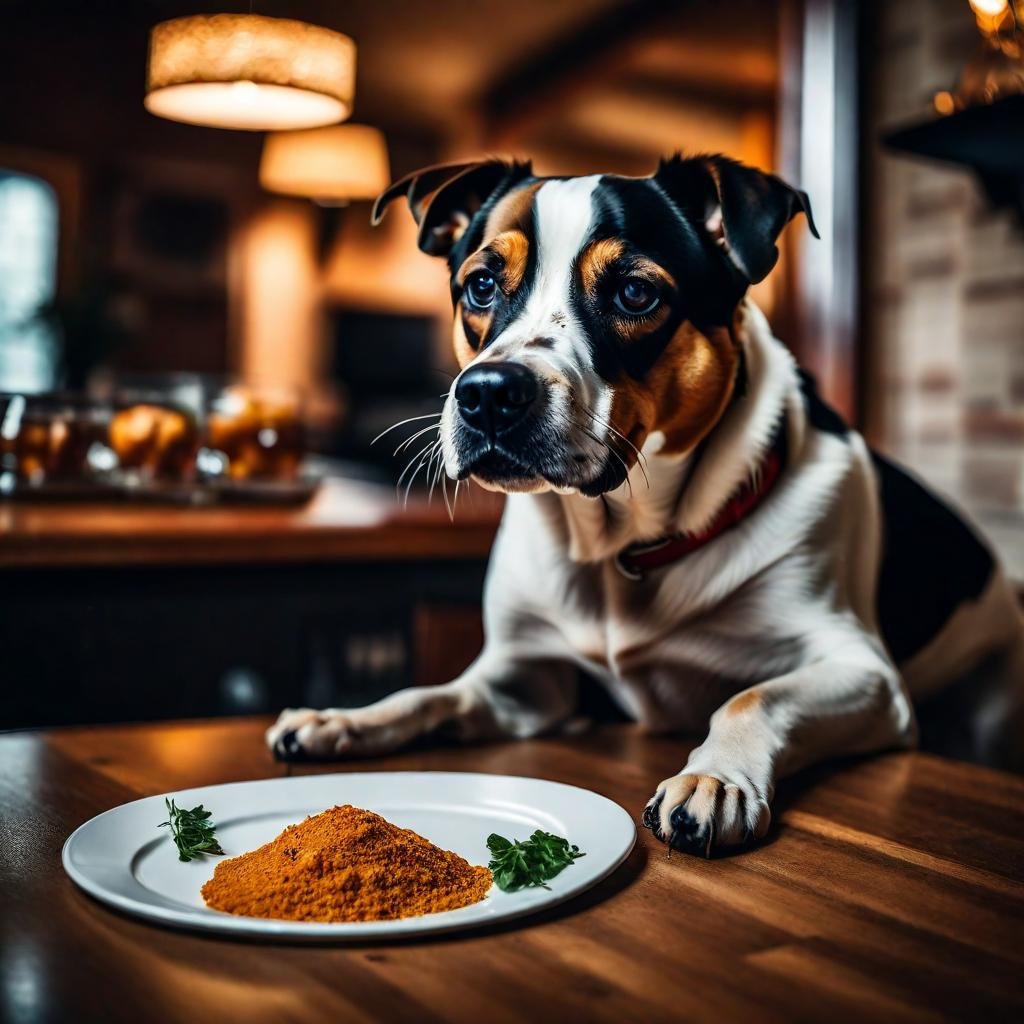
2. Gastrointestinal Problems:
Digestive issues such as nausea, stomach pain, or infections can make eating a daunting task for your furry friend. Keep an eye out for symptoms like vomiting, diarrhea, or changes in stool consistency.
3. Illness or Disease:
Underlying health conditions like infections, organ dysfunction, or metabolic disorders can sap your dog’s appetite. If you notice significant changes in his eating habits accompanied by other unusual symptoms, it’s crucial to consult your vet promptly.
By addressing these health concerns promptly, you can help alleviate your dog’s discomfort and restore his appetite. Regular dental check-ups, a balanced diet, and prompt veterinary care are essential for maintaining your dog’s overall health and well-being.
Remember, a healthy pup is a happy pup, and a happy pup is more likely to enjoy his meals!
## 3 of 7 ## Food Preferences and Environment :
Understanding why won’t my dog eat his food involves examining his food preferences and environment. Let’s break it down:
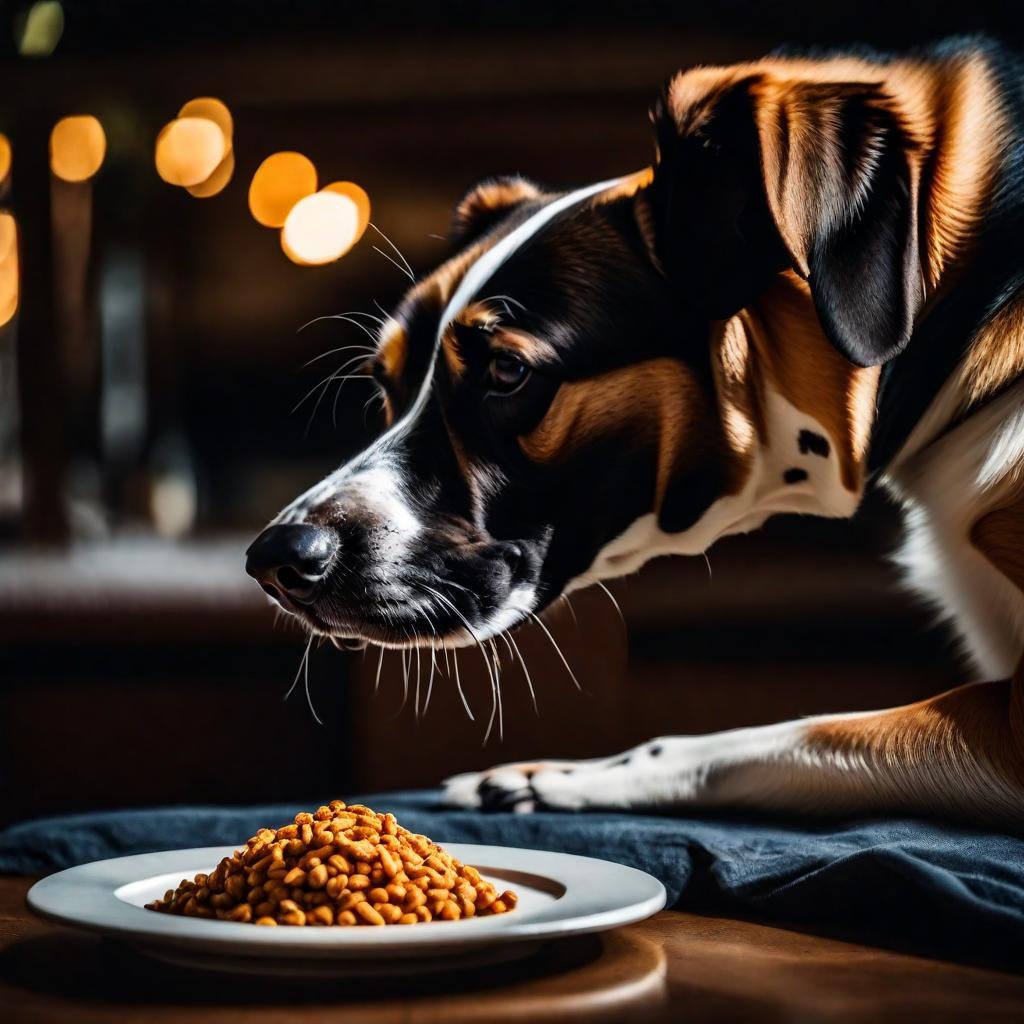
1. Taste and Texture Preferences:
Just like humans, dogs have their own taste preferences. Some may prefer chicken over beef, while others might enjoy a mix of flavors. Similarly, the texture of the food can influence their interest. Experimenting with different textures can help find what your pup loves.
2. Feeding Environment:
Believe it or not, your dog’s surroundings during meal time matter. Loud noises, crowded spaces, or even the presence of other pets can make him anxious and reluctant to eat. Creating a calm and quiet environment can encourage him to enjoy his meals.
3. Mealtime Routine:
Dogs thrive on routine. Consistency in feeding times and locations can make mealtime predictable and enjoyable for your furry friend. Stick to a schedule to help regulate his appetite and foster healthy eating habits.
Understanding your dog’s preferences and creating a conducive environment can go a long way in solving the mystery of why he won’t eat his food. With a little patience and experimentation, you’ll find the perfect recipe to keep his tail wagging at mealtime!
## 4 of 7 ## Changes in Routine or Environment :
Understanding why won’t my dog eat his food often involves examining changes in routine or environment that might affect his appetite. Let’s explore:
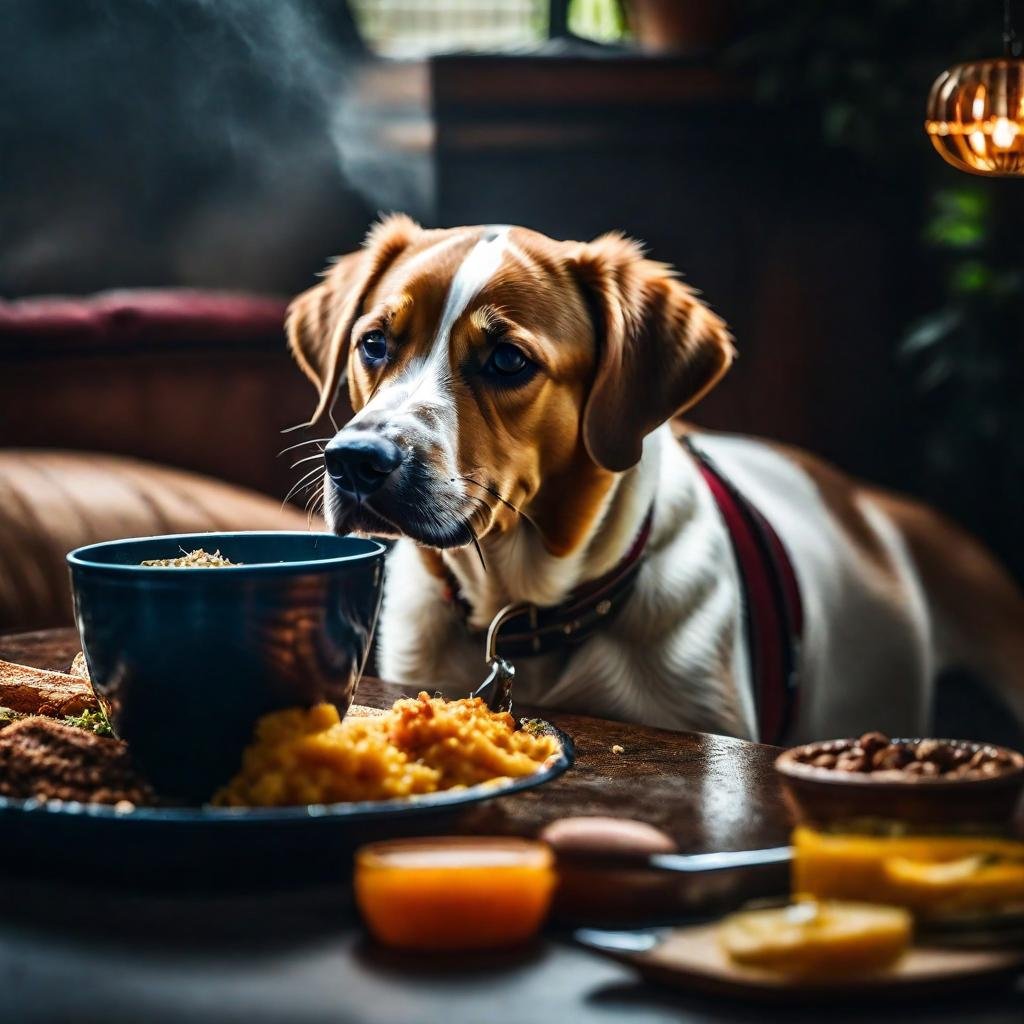
1. New Surroundings:
Dogs thrive on familiarity. Moving to a new home or traveling to unfamiliar places can disrupt their eating habits. Give your furry friend time to adjust and ensure his eating area feels safe and comfortable.
2. Stress and Anxiety:
Dogs are sensitive creatures and can pick up on changes in the household dynamics or your emotional state. Stress or anxiety, whether from loud noises, family conflicts, or other pets, can dampen his appetite. Creating a calm and reassuring environment can help him feel more relaxed during mealtime.
3. Changes in Schedule:
Dogs are creatures of habit. Alterations in feeding times or routines can confuse them and lead to reluctance to eat. Try to maintain a consistent schedule to provide stability and predictability for your pup.
By addressing these changes with patience and understanding, you can help your dog feel more at ease and confident in his mealtime routine, ultimately encouraging him to enjoy his food again.
## 5 of 7 ## Training and Behavioral Issues :
Addressing why won’t my dog eat his food often involves understanding training and behavioral factors that may influence his mealtime habits. Let’s explore:
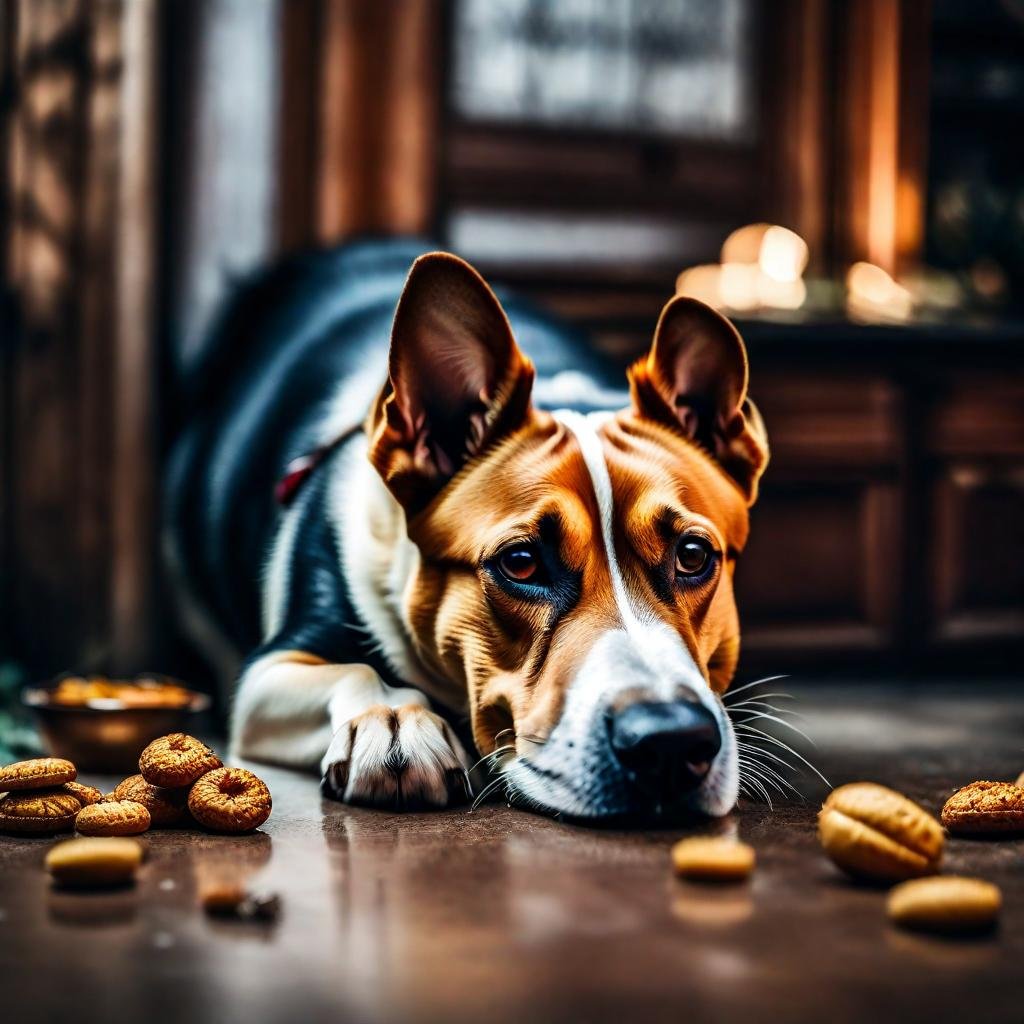
1. Negative Associations:
Dogs are quick learners and can associate negative experiences with certain foods or feeding environments. For example, if a dog experiences discomfort or punishment during mealtime, he may develop aversions to his food.
2. Attention-Seeking Behavior:
Some dogs may refuse to eat as a way to seek attention or assert their dominance. They may hold out for more enticing food options or wait for special treatment during mealtime.
3. Lack of Training:
Proper training plays a crucial role in establishing healthy eating habits. Dogs that haven’t been trained to eat at specific times or in designated areas may exhibit erratic eating behaviors.
By addressing these training and behavioral issues with patience and positive reinforcement, you can help your dog develop a healthier relationship with food and enjoy his meals more consistently.
## 6 of 7 ## Tips and Strategies for Encouraging Eating :
If you’re scratching your head and asking, “Why won’t my dog eat his food?” fret not! Here are some effective tips and strategies to encourage your furry friend to enjoy his meals:
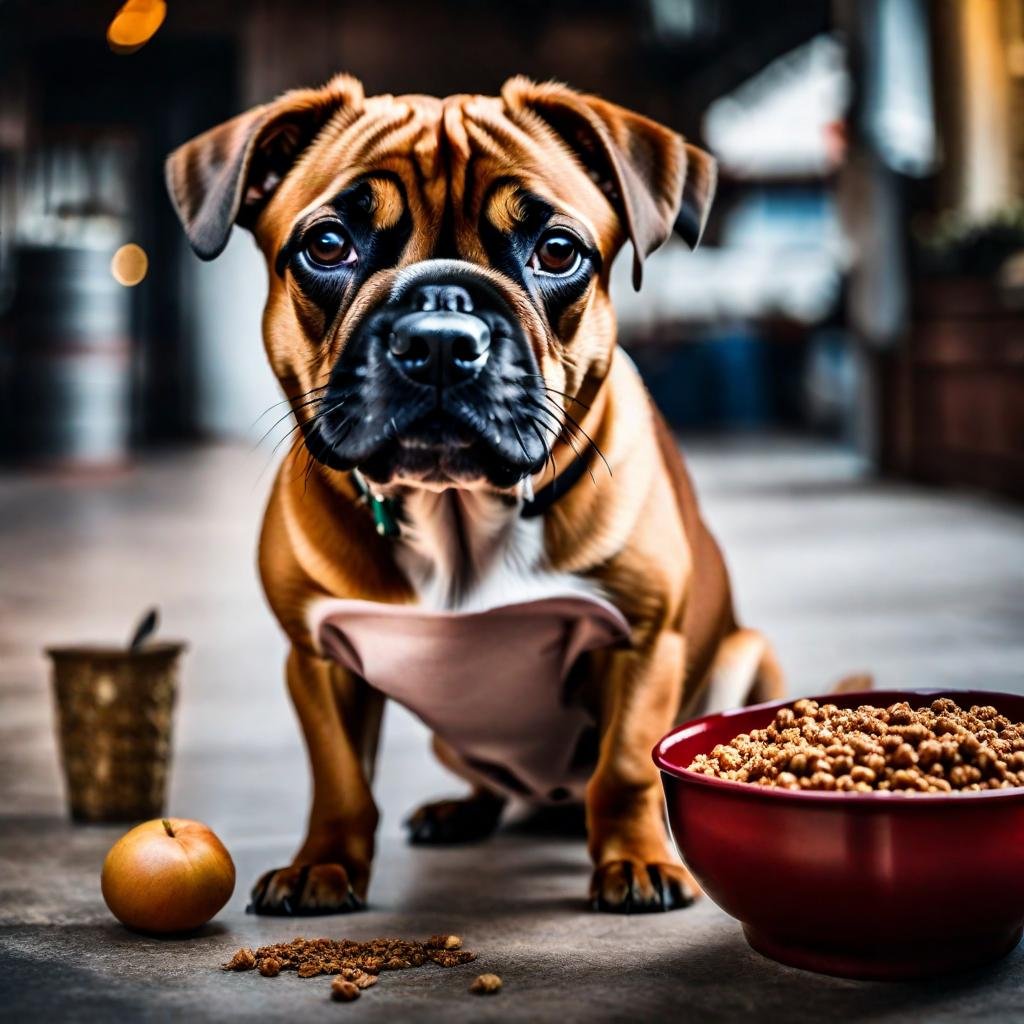
1. Offer Variety:
Just like us, dogs appreciate variety in their diet. Experiment with different flavors, textures, and even temperatures to pique his interest.
2. Create a Positive Environment:
Make mealtime a pleasant experience by feeding your dog in a quiet, calm environment free from distractions. Provide a comfortable and inviting space for him to enjoy his meals.
3. Stick to a Routine:
Dogs thrive on routine, so establish consistent feeding times and locations. This helps regulate his appetite and creates a sense of predictability.
4. Use Food Puzzles or Interactive Feeders:
Engage your dog’s mind and body by incorporating food puzzles or interactive feeders. These stimulate his natural foraging instincts and make mealtime more fun and rewarding.
5. Avoid Free-Feeding:
Limiting access to food throughout the day encourages your dog to eat during designated meal times, making him more receptive to his food.
With patience, persistence, and a dash of creativity, you can turn mealtime woes into mealtime wins for your beloved pup!
## 7 of 7 ## When to Seek Professional Help :
Wondering why won’t my dog eat his food can sometimes lead to frustration and concern. Here’s when it’s time to seek professional assistance:

1. Persistent Appetite Loss:
If your dog consistently refuses to eat for more than 24 hours or shows a significant decrease in appetite over several days, it’s essential to consult a veterinarian. This could indicate underlying health issues that require immediate attention.
2. Sudden Behavioral Changes:
Abrupt changes in your dog’s behavior, including lethargy, vomiting, diarrhea, or excessive drooling, may signal an underlying medical condition affecting his appetite. Prompt veterinary intervention is crucial to diagnose and treat any potential health problems.
3. Unexplained Weight Loss:
If your dog is losing weight despite regular feeding and shows no interest in his food, it’s a red flag for potential health concerns. A veterinarian can conduct a thorough examination and recommend appropriate diagnostics to identify the underlying cause of weight loss.
Remember, your dog’s health and well-being, including why won’t my dog eat his food, are top priorities. Don’t hesitate to reach out to your veterinarian if you have concerns about his eating habits or overall health.
## Conclusion to why won’t my dog eat his food ##
In conclusion, unraveling the mystery of why won’t my dog eat his food requires patience, understanding, and a keen eye for detail. From exploring his natural instincts to considering environmental factors and health concerns, we’ve delved into the various reasons behind your furry friend’s mealtime reluctance.
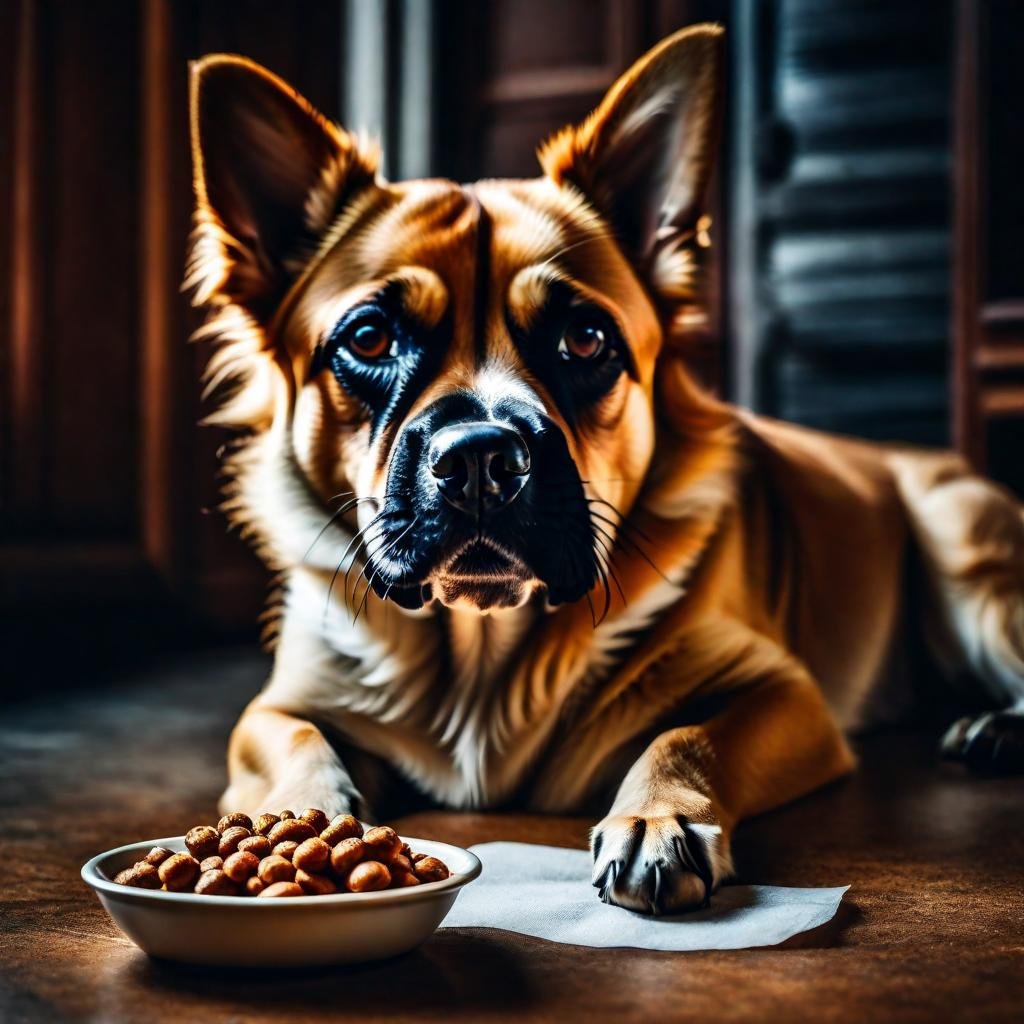
Remember, every dog is unique, and there’s no one-size-fits-all solution. By understanding your dog’s preferences, addressing changes in routine or environment, and seeking professional help when needed, you can help him enjoy his meals and maintain his overall health and well-being.
Mealtime should be a joyful experience for both you and your canine companion. So, don’t get discouraged if he turns his nose up at his food from time to time. With love, patience, and a dash of creativity, you can navigate through any eating challenges your dog may face.
Together, let’s ensure that every mealtime is filled with tail wags, happy barks, and satisfied tummies. Here’s to many more delicious adventures ahead!
You can read this post How makes Kirkland dog food
“Cracking the Canine Cuisine Code: Understanding Why Your Dog Refuses to Eat” ## Introduction ## Hey there, fellow dog lovers! Have you ever found yourself scratching your head, wondering, “Why won’t my dog eat his food?” It’s a perplexing situation that many of us find ourselves in at some point. Picture this: you lay down…
My dog used to eat his food eagerly, but now he’s refusing. What could be the reason?

Dogs may refuse food due to various reasons like health issues, changes in routine, or environmental stressors. It’s essential to observe any changes and consult a vet if the behavior persists.
Should I be concerned if my dog skips a meal occasionally?

Occasional loss of appetite may not be alarming, but if your dog consistently refuses to eat or shows other signs of distress, it’s wise to seek veterinary advice to rule out underlying health issues.
How can I make my dog’s food more appealing?

Experiment with different flavors, textures, and feeding methods. Adding broth, warming up the food, or incorporating small amounts of tasty additives like cooked meat or vegetables can entice your dog to eat.
Can stress or anxiety cause my dog to stop eating?

Yes, dogs can experience appetite loss due to stress or anxiety caused by changes in routine, new environments, or emotional factors. Providing a calm and reassuring atmosphere during mealtime can help alleviate this.
When should I seek professional help for my dog’s eating habits?

If your dog consistently refuses to eat, shows signs of discomfort, experiences unexplained weight loss, or exhibits other concerning symptoms, it’s crucial to consult a veterinarian promptly to address any underlying issues.
